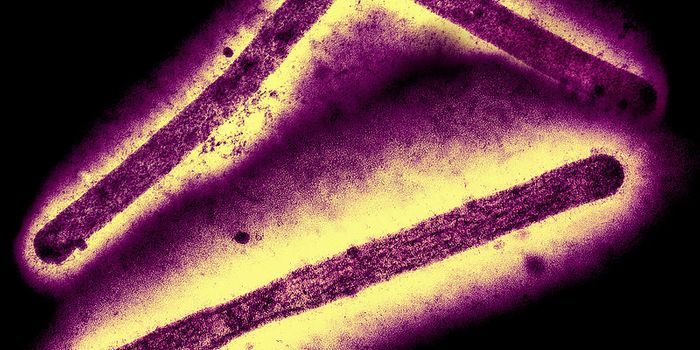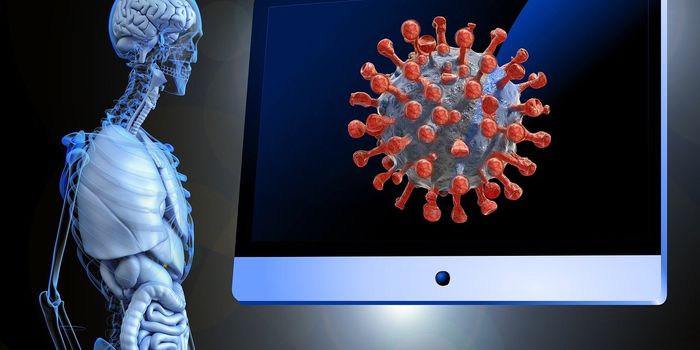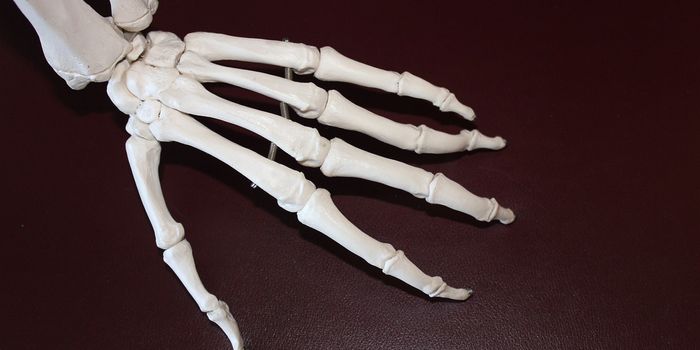Age-old Immune Components Affecting COVID-19 Severity
One of the most unsettling aspects of the coronavirus pandemic is the wide range of severity those affected seem to experience. A new study may offer new insight into what makes some cases progress to the more severe end of the spectrum.
Researchers discovered that the immune system’s complement system may affect how severely a case of COVID-19 progresses. Various diseases and disorders are associated with complement, and thus associated with higher risk for severe COVID-19 complications and COVID-19-related death:
- Age-related macular degeneration (AMD)
- Clotting activity
- Coagulation disorders, like thrombosis and hemorrhage
- Obesity and diabetes
What is Complement?
Complement was discovered at the very end of the 19th century in blood plasma and immediately associated with the immune system’s ability to flag and destroy potential pathogens. More than 20 proteins make up multiple pathways of the complement system that activate sequentially if triggered by the presence of certain microorganisms.
But, immune function is known for occasionally going awry, leading to inflammatory disorders and autoimmune disease like rheumatoid arthritis or seasonal allergies. The complement system’s overactivity in cases of severe COVID-19 may be just another, more severe consequence of immune function gone awry.
Studying “Viral Mimicry”
Researchers began by observing that coronaviruses, like the one that caused COVID-19, are “masters of mimicry,” meaning that their viral proteins may mimic host proteins to encourage host cells into helping the virus complete its life cycle during infection. In the case of COVID-19, this means that affected proteins include coagulation and complement proteins.
Next, researchers analyzed data from more 11,000 COVID-19 patients from the Columbia University Irving Medical Center. More than 25 percent of patients with AMD – which is caused by overactive complement - died, and about 20 percent with AMD required intubation. Both instances could not be explained by other factors. Researchers saw that people with a history of coagulation disorders were also more likely to die from COVID-19.
Lastly, researchers discovered a genetic signature in COVID-19 patients that essentially caught coronavirus “red-handed,” strongly activating both complement and coagulation. Similar findings came from genetic analyses of thousands of COVID-19 patients from the U.K. Biobank.
"As part of the immune system, you would expect to see complement activated, but it seems over and above what you'd see in other infections like the flu,” explained study co-leader Nichola Tatonetti, PhD.
The new study represents a new important opportunity to utilize drugs for COVID-19 that already exist to inhibit complement.
Sources: British Society for Immunology, European Journal of Microbiology & Immunology, Columbia University Irving Medical Center, Nature Medicine








